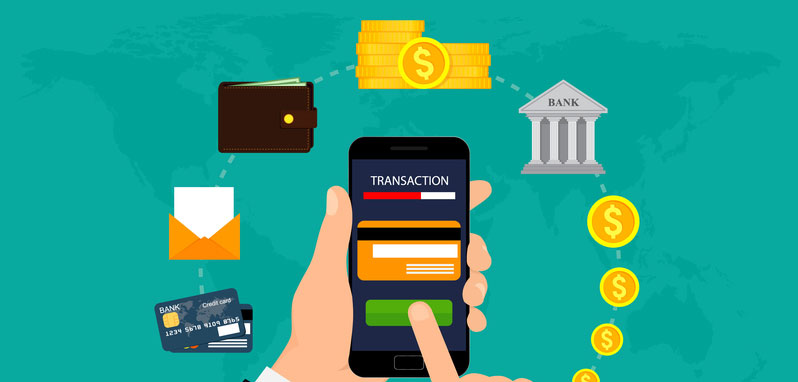Indeed, in financial services the implicit sale of personal data is seen as a way in which the poor can be "levelled up".
確實,在金融服務業,隱性出售個人數據被視為“拉平”窮人的一種方式。
With low, unreliable incomes and few assets, they have been unable to borrow formally.
由于收入低、不可靠、資產少,他們一直無法正常借款。
Now lenders are learning to rely on other data to make credit judgments, notably payment records,
現在,貸款方正在學習依靠其他數據來做出信用判斷,尤其是支付記錄,
such as from a mobile-money account, which can show a history of reliability.
比如移動貨幣賬戶,它可以顯示可靠性的歷史。
But such data can also be abused. Predatory lenders and vendors might learn when a costly loan or product would be hard to refuse.
但這些數據也可能被濫用。當一筆昂貴的貸款或產品難以拒絕時,掠奪性的貸款方和供應商可能會從中吸取教訓。
Or an algorithm might (by design or accident) be biased against certain borrowers because, say, of their race or creed.
或者某種算法可能(出于故意或偶然)對某些借款人有偏見,因為他們的種族或信仰。
CGAP makes three policy recommendations. The first is to accept that the "consumer-consent" model is irretrievably broken,
CGAP提出了三項政策建議。首先,要接受“消費者同意”模式已經不可挽回地被打破的事實,
and to put the onus for looking after the data on the service-provider.
并將管理數據的責任推給服務提供商。

The second is to give consumers full legal rights over their data, allowing them to view, correct and move them without charge.
第二,賦予消費者對其數據的完全合法權利,允許他們免費查看、更正和移動數據。
The third is to appoint "privacy representatives", who, among other tasks, would check algorithms for signs of bias.
第三是任命“隱私代表”,他們的任務之一就是檢查算法是否存在偏見。
Many countries, from America to India, are looking at improving data-protection regulation.
很多國家,如美國和印度,都在考慮改善數據保護法規。
But CGAP's suggestions seem very ambitious. "Free" financial services,
但是CGAP的建議似乎很有野心。“免費”金融服務
such as those offered already by the Chinese giants, Ant Financial and WeChat, have an obvious appeal.
如螞蟻金服和微信等中國巨頭推出的產品,顯然具有吸引力。
It is often assumed that the poor are relaxed about surrendering some privacy in return for access to borrowing and other services.
人們通常認為,窮人不介意為了獲得貸款和其他服務而放棄一些隱私。
In fact, concern about privacy is not a preserve of the rich.
事實上,關注隱私不是富人的專利。
Research in India and Kenya has shown that even very poor borrowers would be willing to pay a higher interest rate—
印度和肯尼亞的研究表明即便是非常貧窮的借款人都愿意支付更高的利率——
or join a much slower queue—for a loan that came with more guarantees
或是排長隊——獲取更有保障的貸款
that the data provided to the lender would be kept private.
并且向貸款人提供的數據將被保密。
Persuading the tech giants that improved data security for the poor is in their business interests might be the best hope.
讓科技巨頭相信,改善窮人的數據安全符合他們的商業利益,或許是最好的希望。
But that will take a lot more work.
但這將需要更多的努力。
譯文由可可原創,僅供學習交流使用,未經許可請勿轉載。












